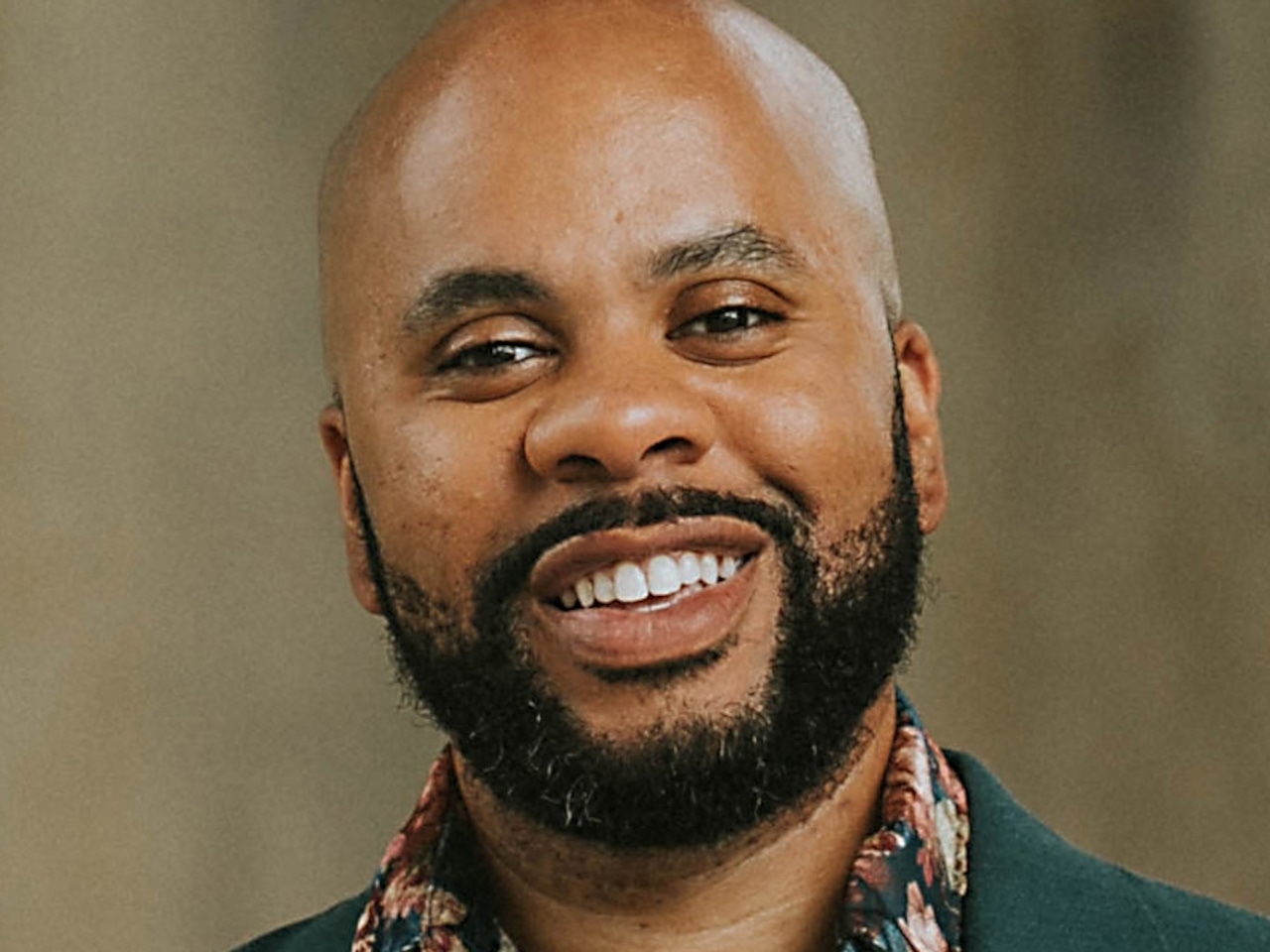
Like a lot of Americans, I had Major League Baseball’s opening day playing in the background as I worked on Thursday. The weather was chilly in Boston, but it was enough to have the Boys of Summer back on the field.
And no matter how my beloved Baltimore Orioles do this season — and that is a matter of some serious conjecture — the only thing I’m going to lose is my patience when it comes to their performance on the field.
But if the data are an indication, many more of my fellow fans will not be so lucky.
They will likely lose some serious coin as they place bets on not only the final score but more granular aspects, such as base hits, walks, strike-outs and errors.
If you’ve spent even a moment recently watching any of the professional leagues — the NFL, the NHL, the NBA and MLB — then you know how thoroughly the sports-gambling industrial complex has integrated itself with the leagues.
One study showed that viewers were subjected to nearly three gambling ads a minute during five NHL games and two NBA games that were broadcast live on television between Oct. 25 and Oct. 29 last year.
That’s no surprise considering that betting giant FanDuel holds the regional broadcasting rights for a bunch of teams. You have to imagine Pete Rose and Shoeless Joe Jackson shaking their heads from the great beyond.
You probably also know that there’s big money involved in sports gambling. But you might not know exactly how huge that number actually is.
Sports betting generated $65.5 million in taxable revenue (retail and online) in February alone, according to Massachusetts Gaming Commission data.
That’s down from the eye-watering $94.4 million that was reported to the state in January. But it’s still a huge chunk of change.
And it’s raising red flags among state lawmakers, who are concerned about problem gambling — particularly among young people.
Legislation sponsored by Sen. John F. Keenan, D-Norfolk/Plymouth, would slap higher taxes on the industry and tackle those in-game “prop” bets that public health experts say hastens people down the road to addiction.
Keenan, of Quincy, told MassLive that concern about the ubiquity of sports betting started to grow not long after the state first legalized it in 2022.
Now, he said, he hears about it everywhere he goes.
“I’ve heard about it in the strangest of places,” he said.
The bill also would ban those ubiquitous sports betting commercials during games and clamp down on language that “misrepresents” your odds of winning, according to a summary of the legislation.
Keenan compared the growth of sports betting to the early days of the opioid epidemic, where drug companies used aggressive marketing tactics as they downplayed the dangers their products posed to public health.
“This is a product that is highly addictive. they have chosen an aggressive form of marketing. You see it on TV during sporting events … [it’s] online .. they are promoting in an all-encompassing way.”
Keenan acknowledged the tension between the huge sums that the state gleans from sports betting and the Legislature’s responsibility to safeguard public health.
“An appropriate balance has to be struck And we’re not there at this point,” he said.
One of the ways to tip the balance, he said, is language in the bill that would boost the state’s tax rate for online sports betting companies from the current 20% to 51%.
Right now, the Bay State has one of the lowest such tax rates in the region. And if the hike is approved, it would put Massachusetts on the same footing as New Hampshire, New York and Rhode Island, according to Keenan’s office.
As it’s currently written, Keenan’s bill further would require the industry to double its contributions to the state’s Public Health Trust Fund, which supports gambling addiction treatment services.
That last one is a big one.
People who gamble on sports are “at least twice” as likely to run into trouble as those who gamble in general, research shows.
And because it’s so easy to do, that rate increases when people gamble on sports online, according to an analysis by The National Council on Problem Gambling.
One study of online sports gamblers showed that 16% met the “clinical criteria for gambling disorder and another 13% showed some signs of gambling problems,” that same analysis showed.
And when you consider that nearly half of Americans have bet on a sporting event, with 45% of that wagering taking place online, that potential slide into addiction becomes even more concerning, advocates said.
Researchers at UMass Amherst found a 2% prevalence of problem gambling before the advent of casino gaming, according to state data. That same research also found that 8.4% of Bay Staters were at risk of developing a gambling problem.
That’s something that former state Rep. David Nangle knows about first-hand.
In 2021, the Lowell Democrat, then the chair of the House’s Ethics Committee, was sentenced to 15 months in federal prison and two years of supervised release after he was convicted of illegally using campaign funds to underwrite a lavish lifestyle that included casino trips, federal prosecutors said at the time.
Nangle was at the State House on Wednesday to talk about his experiences and to explain how the state could prevent others from suffering a similar fate.
“I thank God that online gambling wasn’t around when I was betting with the bookies in the city of Lowell and running up to Rockingham Racetrack and Suffolk Downs. I don’t know what would have become of me had that been around at that time,” Nangle said, according to State House News Service.
“However, today is a whole different era. As I say, 38 states now allow individuals, via their cellphones, to place bets. And who do you think is placing all these bets on these cellphones? The old dinosaurs like me? No. There are some. But I’m telling you, it’s the kids. It’s the youth,” he told the wire service.
Citing 2018 data, the National Council on Problem Gambling analysis showed that more than 75% of students gambled — most often on college hoops and professional football — with young men the most likely to bet — and develop gambling problems down the road.
Keenan’s bill seeks to head off some of those problems by slapping daily limits on how much people can bet and by requiring gambling operators to conduct affordability checks on their customers.
The legislation also would direct the state’s Gambling Commission to investigate the links between problem gambling and people who die by suicide. That’s because problem gamblers have the highest suicide rates among people who live with addiction, research shows.
The industry at least seems aware of the issue. Last year, seven of the nation’s biggest online sports betting companies formed a trade group, dubbed the Responsible Online Gaming Association, to fight problem gambling.
“I’m incredibly excited to move this forward and to really do some impactful things and to really expand the knowledge through the research and to create these evidence-based best practices and to really empower players with information,” Jennifer Shatley, the trade group’s executive director, told CNBC at the time.
But the way Keenan sees it, that’s just window-dressing. He said he doesn’t trust the industry to police itself.
“Everyone knows who the odds favor — and it is not the bettor,” he said.
Keenan’s bill has been assigned to a legislative committee and will eventually get a public hearing. And from there “we’ll try to move it through the process as best we can,” he said.
“Based on the reaction we’ve gotten over the last few days, I think there is an enormous amount of concern out there with what’s going on with sports betting,” Keenan said.






